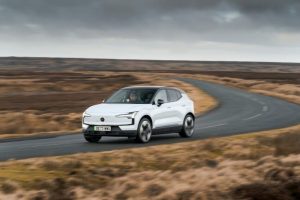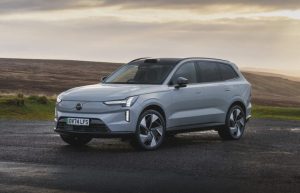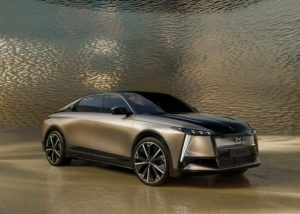First Bus is launching large-scale energy storage facilities that’ll power its electric bus fleet while supporting the National Grid during peak demand periods.
The transport operator’s first facility in Hoeford, Hampshire begins operations in September. A second, larger site in Aberdeen will start construction before the end of 2025.
Both locations will use battery systems – including recycled units from retired electric buses – to store electricity for charging First Bus’s fleet of more than 1,200 electric vehicles.
The storage sites connect directly to the National Grid. They can feed surplus electricity back into the system when demand spikes across the country.
Storage Capacity and Expansion Plans
The Hoeford depot stores up to one megawatt of power. That’s enough electricity to power 125 homes for 24 hours.
Aberdeen’s facility will offer even greater storage capacity, though First Bus hasn’t specified exact numbers yet.
The company is already exploring similar installations at additional depots across its network.
Technology Partnership
Palmer Energy Technology (PETL) developed the storage systems technology. FirstGroup recently invested in the battery energy storage specialist.
Former Aston Martin CEO Dr Andy Palmer founded PETL. The company has also secured backing from Barclays and Oxford University.
“With buses at the forefront of the transition to electric vehicles and net-zero transportation, I’m delighted to welcome investment from FirstGroup Energy, as well as Barclays and Oxford University, to advance development of next generation control systems,” Palmer said.
Palmer added that the investment will “accelerate our business and give the UK a leading position in battery energy storage system technology.”
Faizan Muhammad, FirstGroup’s investment director for energy, emphasized the strategic importance of the partnership.
“This investment continues our strategy of backing new and innovative companies aimed at supporting our long-term public commitment of achieving a zero-emission commercial bus fleet by 2035,” Muhammad said.
He described the project as “a new chapter in our decarbonisation journey.”
Fleet Electrification Progress
First Bus committed to achieving a net-zero commercial bus fleet by 2035.
The operator has electrified more than a dozen depots and replaced over 1,200 diesel buses with electric models.
The energy storage facilities represent the next phase in First Bus’s transition away from fossil fuels – creating a closed-loop system where retired bus batteries get second lives supporting the charging infrastructure.





